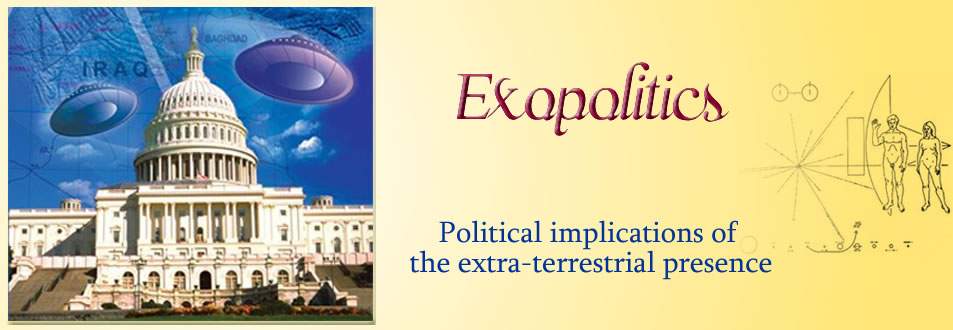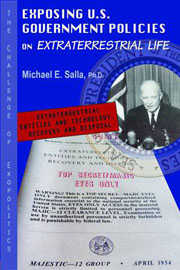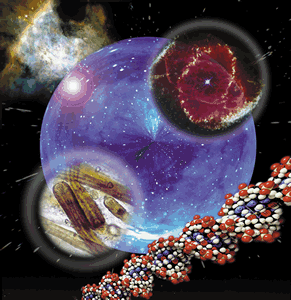Princeton University astrobiology certificate explores potential for extraterrestrial life
|
A Montage of Life Born in the Astronomical Context. Graphic by Keren E. Fedida: Planets and Life Certificate |
The student body at Princeton, a private university that relies on student tuition for operational expenses, was a key factor in the development of the Life and Planets astrobiology program. It was students who had earlier completed one of the courses taught by evolutionary biology professor Laura Landweber, that formed an Astrobiology Club and pushed for the creation of the certificate program. Professor Landweber's course, AST 255 "is an introduction to astrobiology and explores topics like the origin of life on Earth and the possibility of extraterrestrial life on Mars and Europa, one of Jupiter's moons." Clearly, the question of life on Mars and elsewhere in our solar system is something that continues to inspire keen student interest.
A key aspect of the new astrobiology program is that it will be interdisciplinary. According to the Princeton University News Release, the program allows "students to take cognate courses in nine departments: astrophysics, chemistry, ecology and evolutionary biology, geosciences, molecular biology, mechanical and aerospace engineering, electrical engineering, chemical and biological engineering, and computer science."
Noticeably missing from the list of departments are the social sciences of political science and sociology. Most recently, Professor Stephen Hawking, a member of the Royal Society of London that sponsored the January 2010 astrobiology conference, took scientific speculation on extraterrestrial life to its logical conclusion by introducing political and sociological questions. He asked what would they be like in terms of their motivations, and would their political agenda involve resource acquisition to the degree that they might threaten the earth? Hawking's introduction of political and sociological questions to the study of extraterrestrial life is part of the nascent field of exopolitics which has yet to be formally acknowledged by Princeton or any other university. While Princeton's astrobiology certificate for the moment emphasizes the natural sciences in its interdisciplinary program, it's hard to justify the exclusion of exopolitical questions when the world's foremost astrophysicist, Stephen Hawking, is explicitly raising such questions. Princeton University is to be congratulated for creating a pioneering interdisciplinary certificate program in the growing field of astrobiology. With time, however, the program will need to expand its certificate program in order to systematically address exopolitical questions, that cannot and should not be excluded from an interdisciplinary study of extraterrestrial life in the Galaxy.
[Special Notice: The author teaches a course in the Exopolitics Institute's Certification Program titled: The Science, Spirituality and Politics of Extraterrestrial Life. Fall Semester clases have just begun. More info here.]
Further Reading
Galaxy is rich in small Earth-like planets
Stephen Hawking launches exopolitics debate
Is 2010 the year of discovery for extraterrestrial life
If you wish to comment on this article, click here & scroll to bottom.
© Copyright 2010. Michael E. Salla. Exopolitics.org
Permission is granted to include extracts of this article on websites
and email lists with a link to the original. This article is copyright
© and should not be added in its entirity on other websites or
email lists without author's permission. For permission please contact:
drsalla@exopolitics.org




